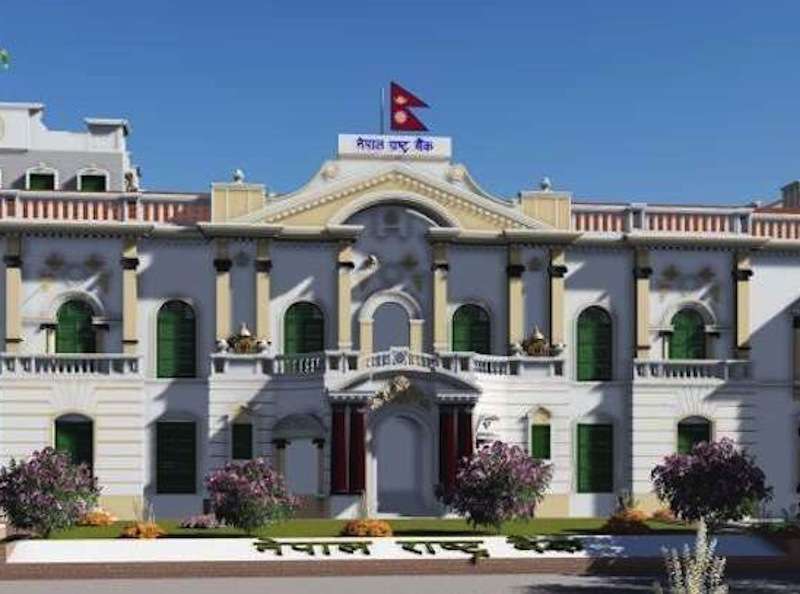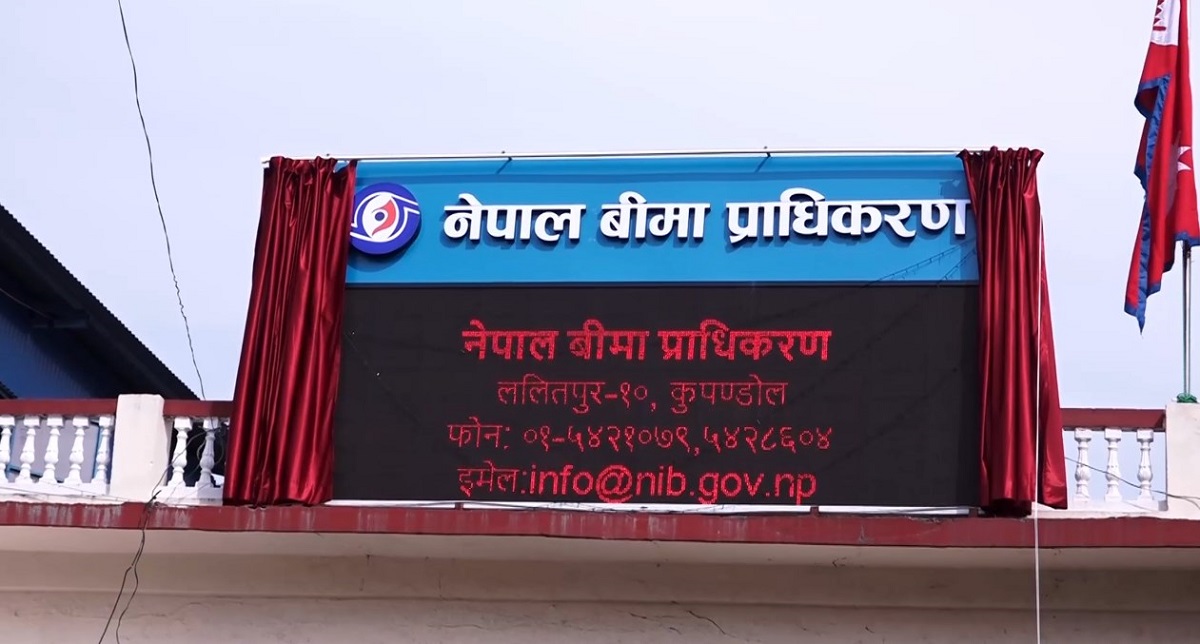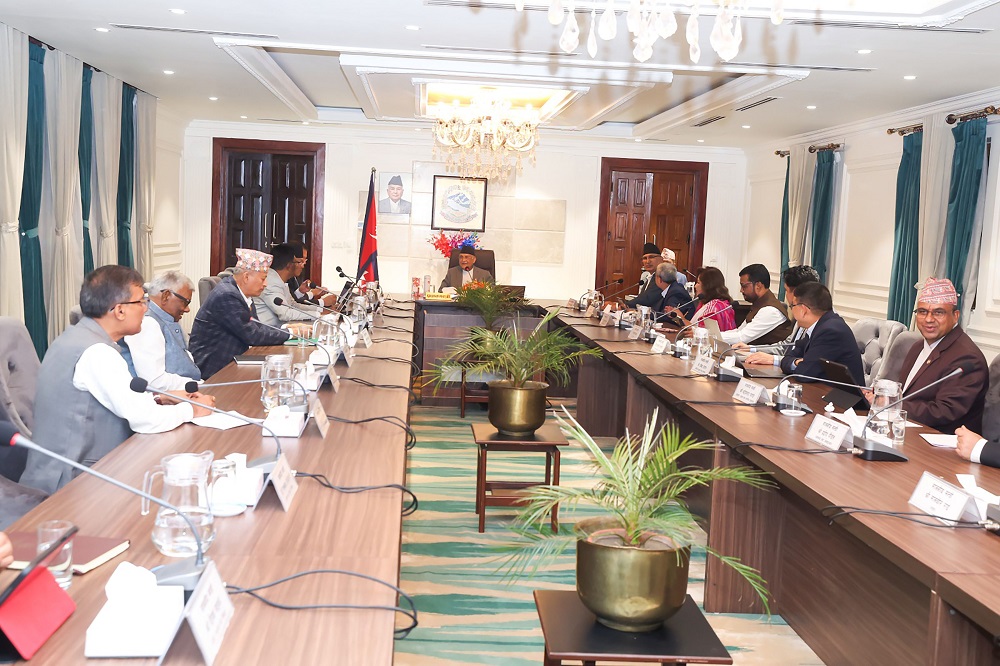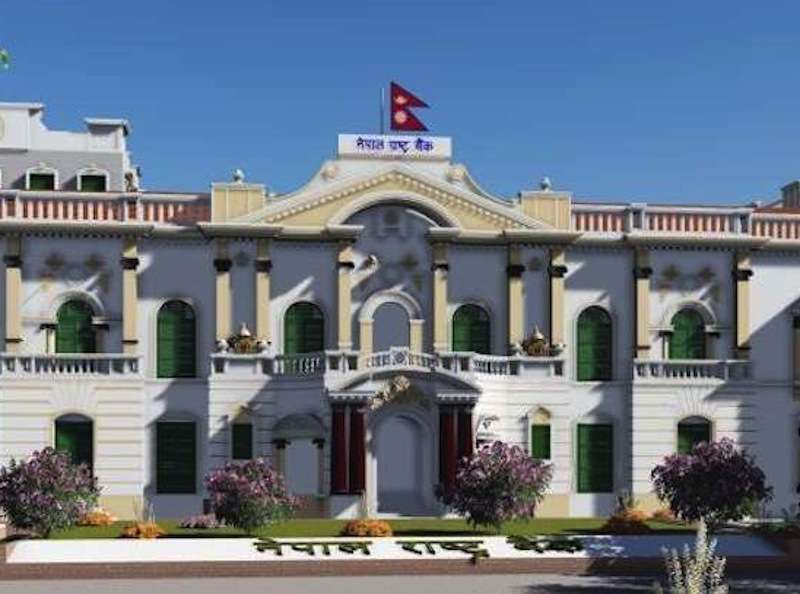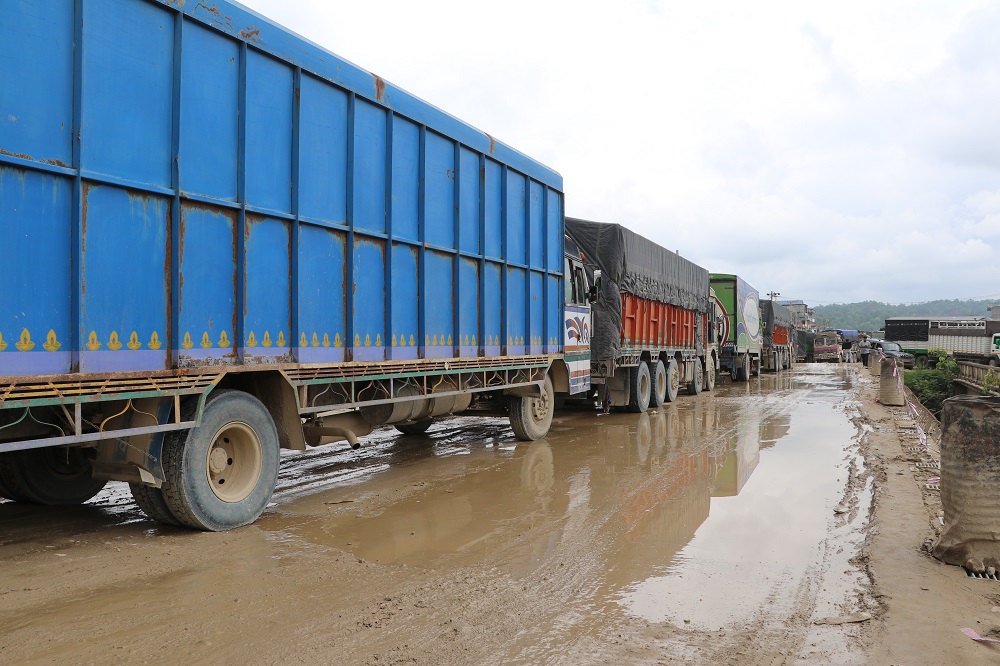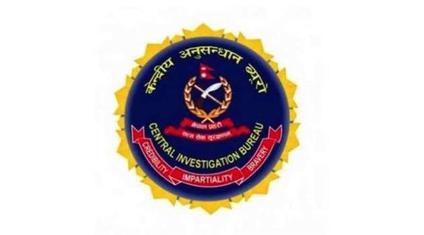Nepal Rastra Bank (NRB) has introduced new guidelines requiring licensed Payment System Operators (PSOs) to allocate a portion of their profits to an Infrastructure Development Fund. The directive, issued on Sunday under the “Dividend Distribution Guidelines 2025,” aims to strengthen institutional sustainability and support the expansion of Nepal’s digital payment infrastructure.
Under the new rules, PSOs must establish a dedicated fund financed by a fixed percentage of their net profits. This fund is to be used exclusively for infrastructure development within the company. Currently, nine companies operate as licensed PSOs in Nepal.
In a broader regulatory push, NRB has already mandated that all PSOs be registered as public limited companies. Firms that received approval prior to this directive must convert to public limited status by mid-July 2028. According to NRB spokesperson Kiran Pandit, the new dividend policy is part of a strategic move to ensure that profits are reinvested in institutional growth and the long-term development of Nepal's electronic payments ecosystem.
In addition to the Infrastructure Fund, both PSOs and Payment Service Providers (PSPs) are now required to establish Risk Mitigation and Reserve Funds. A portion of profits must be earmarked for these funds, with the Risk Mitigation Fund designed to manage losses from unforeseen events. NRB also requires companies to report expenditures from these funds to NRB.
The guidelines further tighten rules on dividend payouts. Companies must meet several financial conditions before declaring dividends, including maintaining positive retained earnings and net worth, having sufficient cash reserves for cash dividends, and ensuring there are no unresolved regulatory issues flagged by NRB. Dividends may only be declared based on audited financial statements for a profitable year, and payouts from share premiums or bargain purchase gains are strictly prohibited.
Moreover, dividends can only be distributed after allocating required amounts to the designated funds, and only upon receiving formal approval from NRB. Companies must submit board resolutions, audited financial reports, tax clearance certificates, details of fund allocations, and confirmation of clean credit histories from the Credit Information Center as part of their dividend approval process.
Currently, 22 companies hold PSP licenses in Nepal. As of July 16, IME Pay and Khalti have merged and are now operating under the unified brand IME Khalti.

